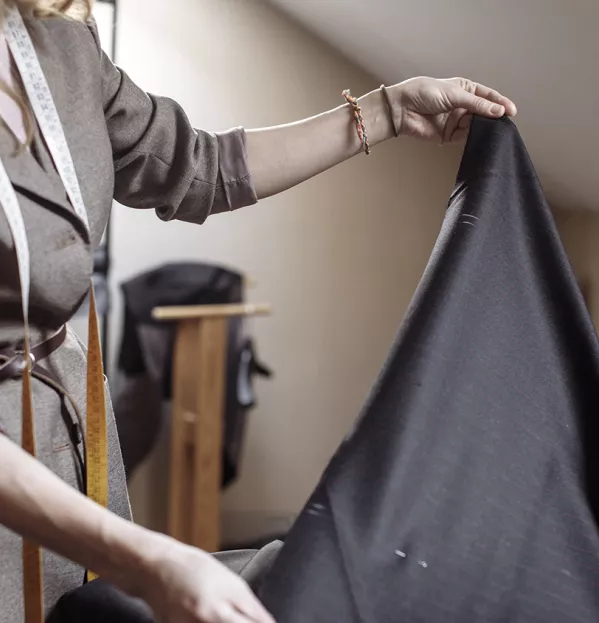It should not be a surprise that as the third edition of this Tory (and Tory-led) administration wrestles with domestic policy (as well as one or two other challenges), the new incumbent of Downing Street has decided that free schools should become a pet policy.
But Boris Johnson’s intervention this week in support of the latest wave of such schools does, in fact, come at an interesting time for the initiative, which is now nearly 10 years old. Just as the various Tory/coalition administrations since 2010 have differed in tone and emphasis, so has the free-school programme.
As such, this September is a good time to take stock. And what we find is a mixed picture.
One does not have to look far to see some truly outstanding free schools. Varying hugely in pedagogical and curricular philosophies, we can range across England from Dixons Trinity Academy and XP School in Yorkshire to School 21 and Bedford Free School down South. Free schools get some of the best results with some of the poorest children in many of the most deprived areas of the country.
But this is not the whole picture. Their rate of failure is too high - too many have closed, leaving their pupils high and dry - and too many have fallen foul of Ofsted. It is hard, too, to make a case in statistical terms that free schools have had any meaningful impact on results across the country.
All of which points to the need to refocus the programme on its original aims: to drive diversity and innovation in the schools sector, to challenge received wisdoms and to open schools that are in effect Petri dishes to test new thinking and new ideas in teaching. It was a historical error to try to use free schools as the mechanism with which to build capacity into the schools system across the country; instead, the programme should have been encouraged to focus on a smaller number of high-calibre proposals. And that is what it needs to get back to if it is to earn the right to continue: there is always received wisdom that needs to be challenged.
If Michael Gove imagined the free-school programme as a way of confronting what he perceived to be a progressive establishment in education, the worm has now turned. We now see traditional approaches taking hold. Indeed, in July, one of the longest standing cheerleaders for free schools, Toby Young, called for the programme to abandon its commitment to innovation and instead only focus on “what works”: traditionalist “no-excuses” approaches. We have school trusts, such as Outwood Grange, replicating such models across the North, while Nick Gibb, the schools minister, applauds the idea that the so-called “warm-strict” strategy for behaviour, first pushed by schools such as Michaela in London, is going mainstream.
Meanwhile, there is also the very real possibility that Ofsted’s new inspection framework, with its focus on curriculum, which finally landed in schools this week, might inadvertently or advertently result in trad-out-of-the-box curriculum.
In many cases a more traditional and strict behaviour-focused approach does indeed work, and should be celebrated. But, courtesy of the free-school programme, we also have Conservative government-sanctioned schools, such as School 21 and XP School, that challenge the idea that there is only one way.
Long-term critics of free schools and traditionalism would do well to remember this fact. After all, wasn’t it Marx who argued that the dialectic - the clash of ideas resulting in a new and improved consensus - is one of the chief drivers of progress?
@Ed_Dorrell
This article originally appeared in the 13 September 2019 issue under the headline “Spare us a free schools free-for-all - we need quality, not quantity”
